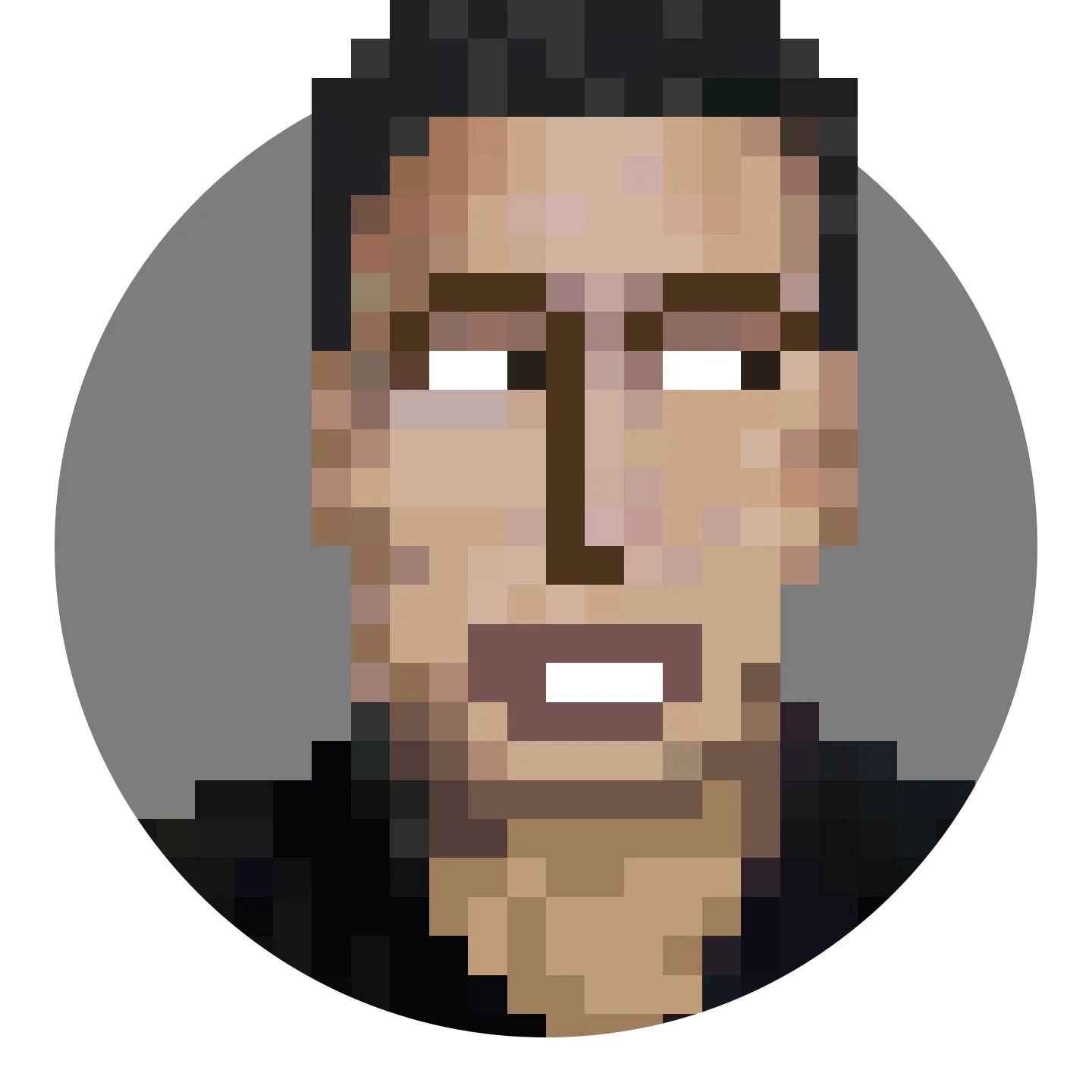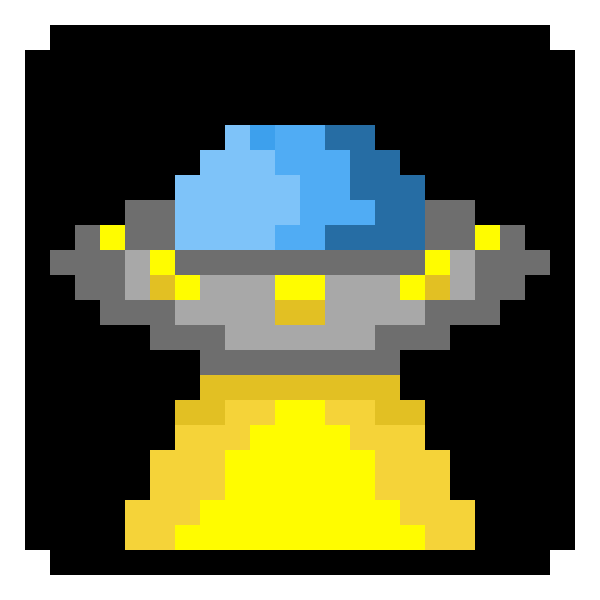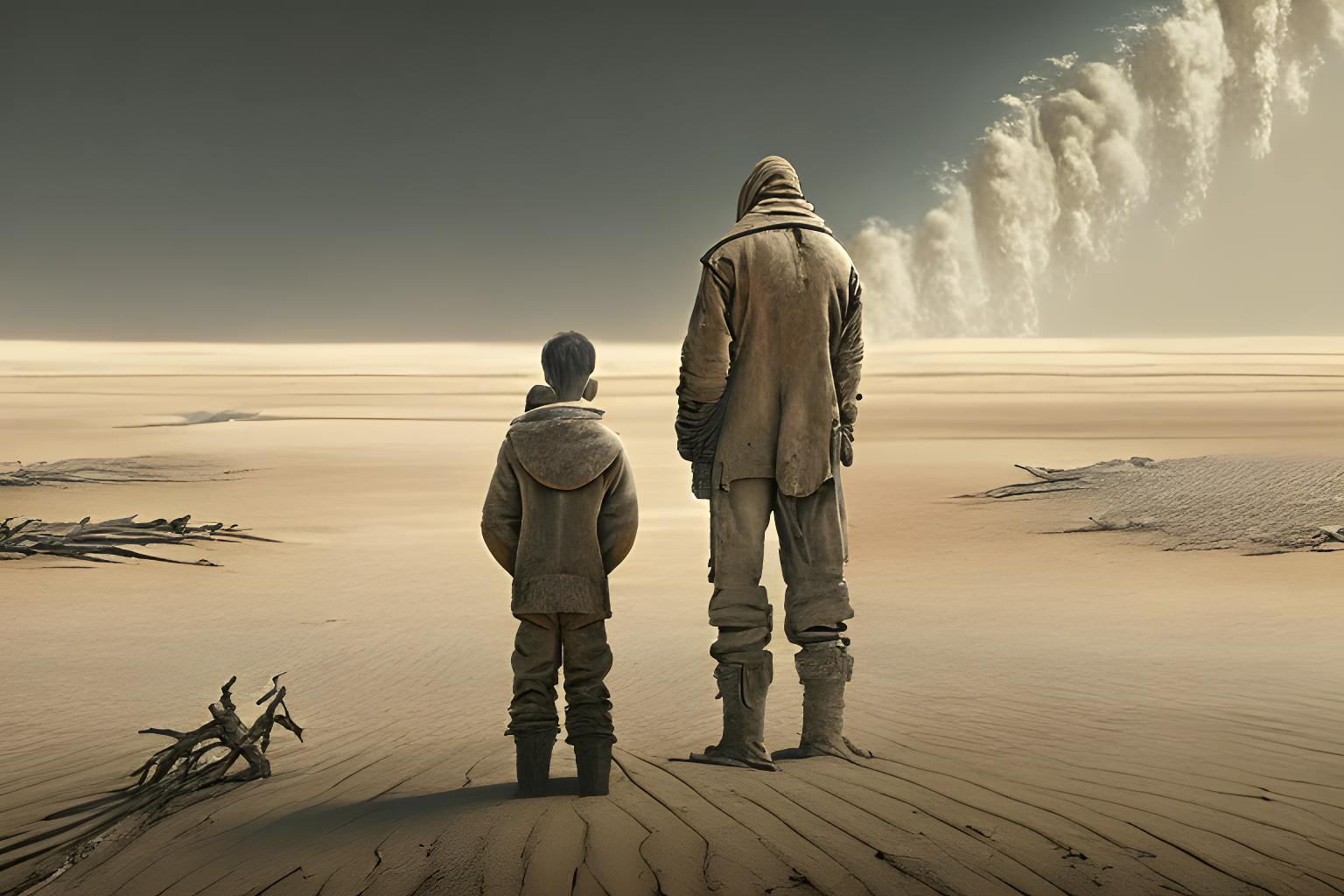368 reads
An Interview with My Father At The End of the World
by
May 24th, 2023
Audio Presented by

Director of Content @ISNation & HackerNoon's Editorial Ambassador by day, VR Gamer and Anime Binger by night.
Story's Credibility

About Author
Director of Content @ISNation & HackerNoon's Editorial Ambassador by day, VR Gamer and Anime Binger by night.
